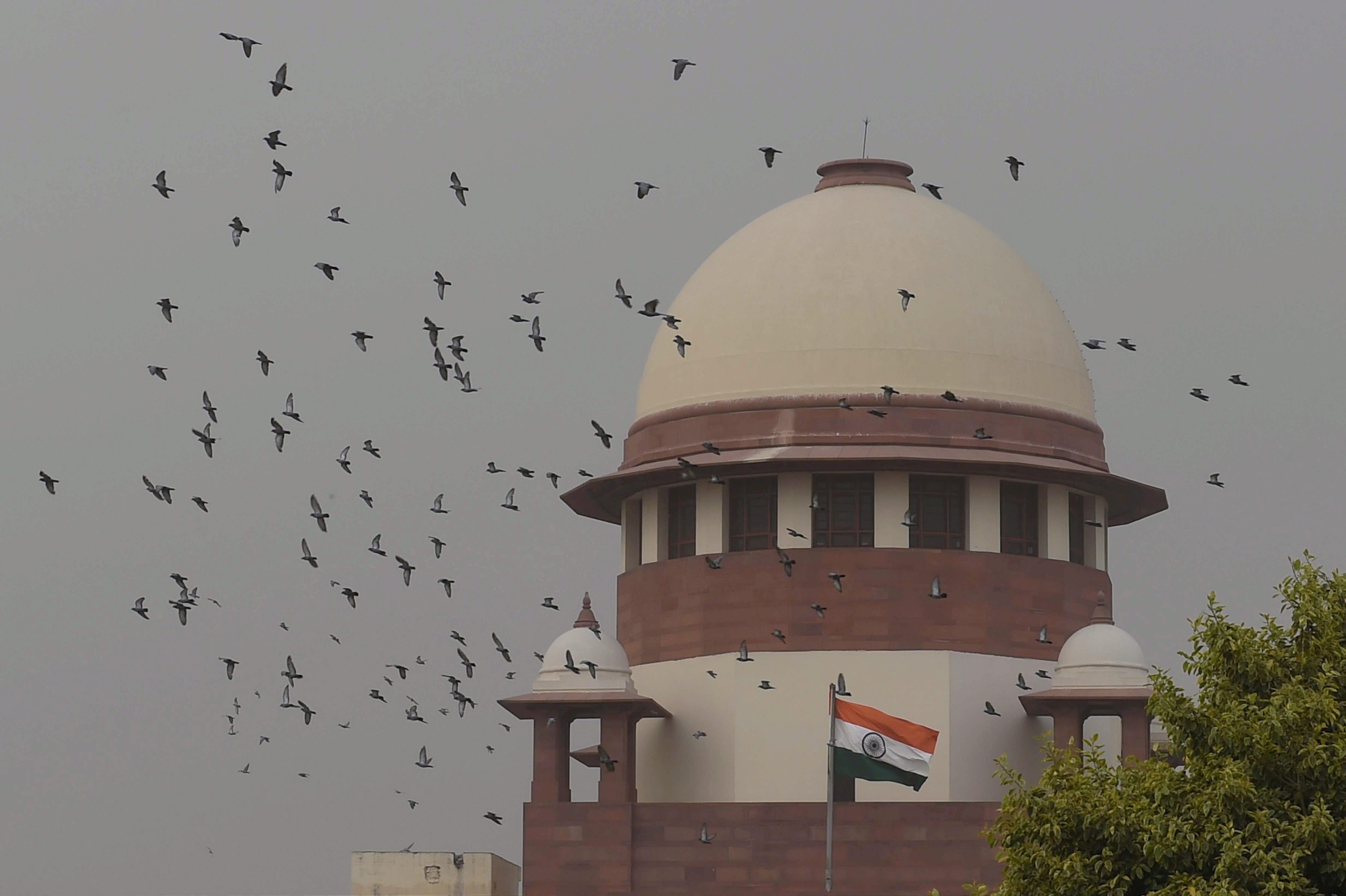Gyanvapi Mosque built on remains of temple: Lawyer citing ASI report
The report says the mosque, which stands adjacent to Kashi Vishwanath Mandir, was built on the remains of a grand Hindu temple after it was demolished in the 17th century during the reign of Aurangzeb
PTI
-
Gyanvapi Mosque
Varanasi, 25 Jan
The lawyer of the Hindu petitioners in the Kashi
Vishwanath-Gyanvapi case on Thursday claimed the report of a scientific survey
by the Archaeological Survey of India (ASI) suggests the mosque was built on
the remains of a pre-existing temple.
Vishnu Shankar Jain told reporters here the copies of the
839-page report were made available to the parties concerned by the court late
Thursday evening. The report makes it clear that the mosque, which stands
adjacent to the Kashi Vishwanath Mandir, was built on the remains of a grand
Hindu temple after it was demolished in the 17th century during the reign of
Aurangzeb, he said. He also claimed that the survey report has sufficient
evidence of the existence of a temple at the place where the mosque now stands.
Debris of the statues of Hindu gods have been found in two
basements during the survey, he claimed, adding some parts of the pre-existing
temple including pillars were used in the construction of the Gyanvapi mosque.
Jain claimed the order and the date of demolition of the
temple is inscribed on stone in Persian language. A stone with
"mahamukti" inscribed on it has also been found, he added. Jain
further claimed that the western wall in the rear side of the Mosque is the
wall of the pre-existing temple. A "ghanta" (a large size bell) and a
"swastik" symbol are inscribed on the wall, he said.
He further claimed the survey report says the roof of the
basement is placed on pillars of temples of Nagar style. "These evidence
indicate that when the temple of Adivishwara was demolished by Aurangzeb in the
17th century, a grand temple was pre-existing there," Jain claimed.
Jain further said they would appeal in court for a survey of
the wazu khana, where ablutions are performed before namaz. Jain said that on
the basis of the report, they would present their side by placing evidence
before the court during the next hearing on February 6.
Earlier in the day, a total of 11 people from both Hindu and
the Muslim sides applied in the court to get the ASI survey report on the
Gyanvapi complex adjoining the Kashi Vishwanath temple.
Leave a Reply
Your email address will not be published. Required fields are marked *








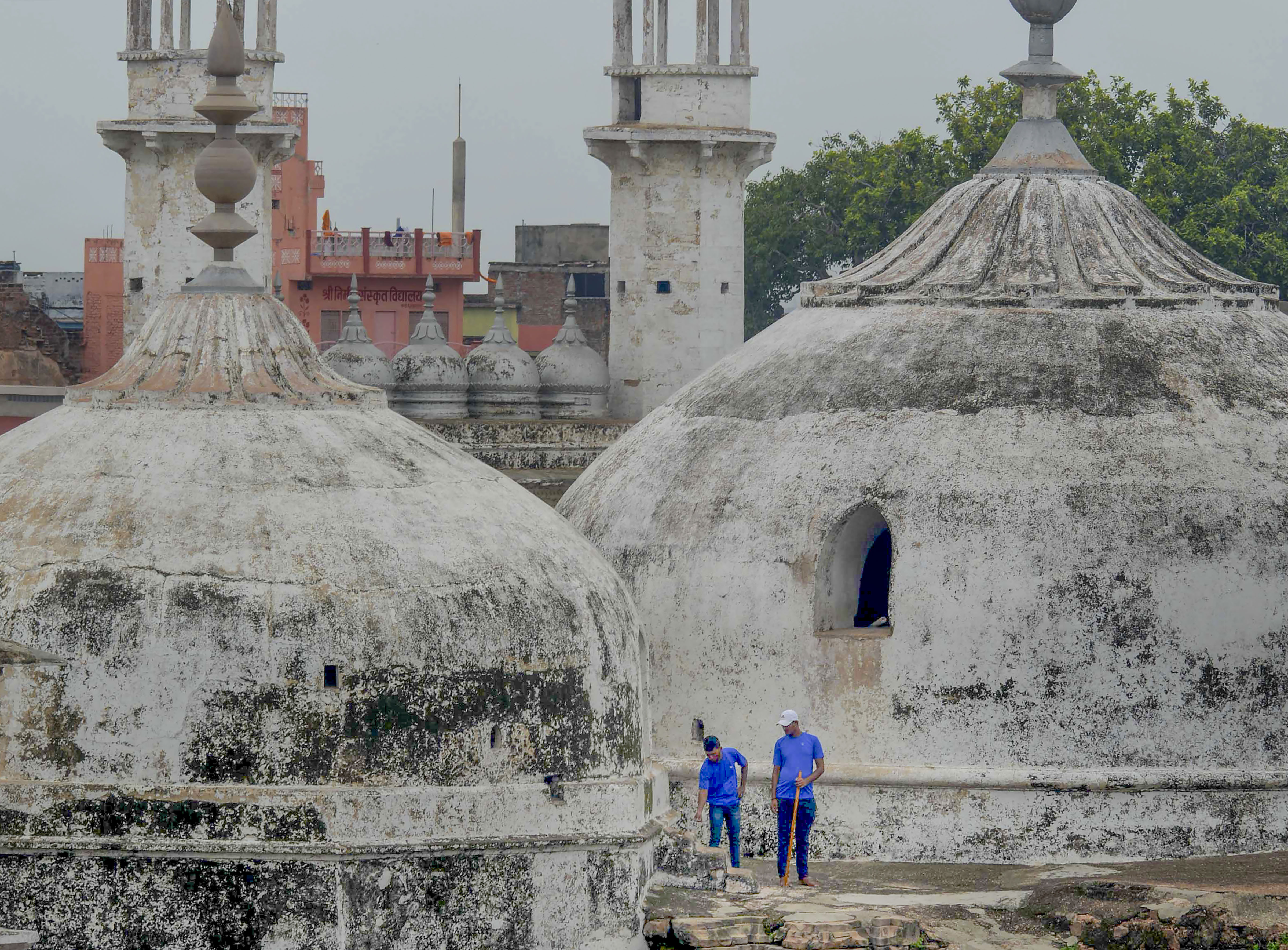

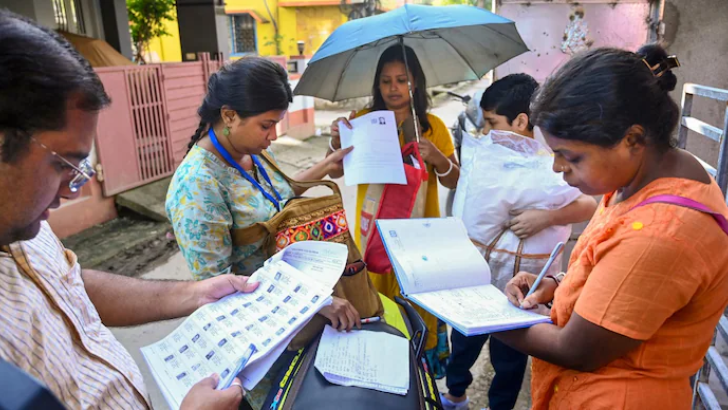


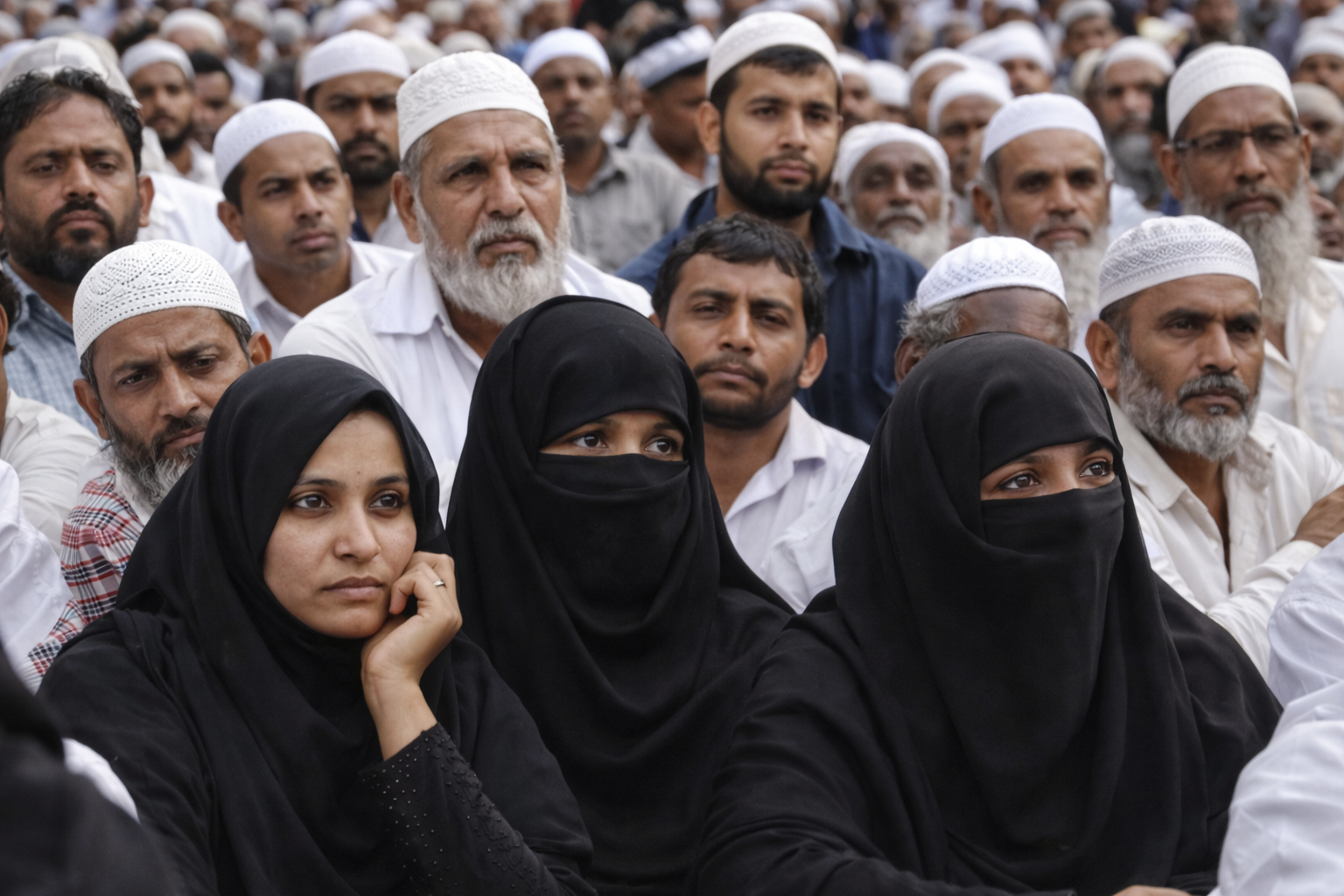


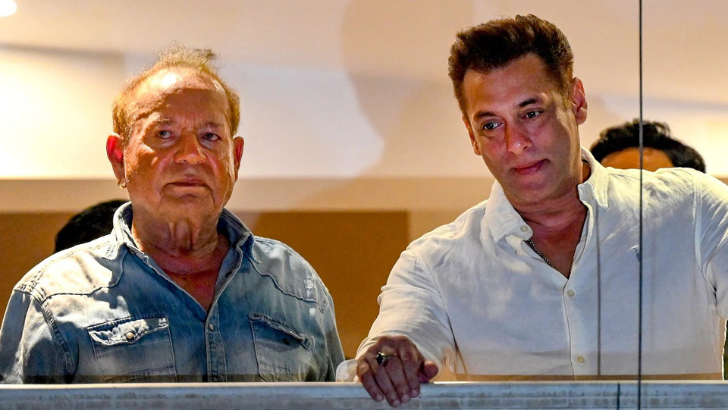

.png)
